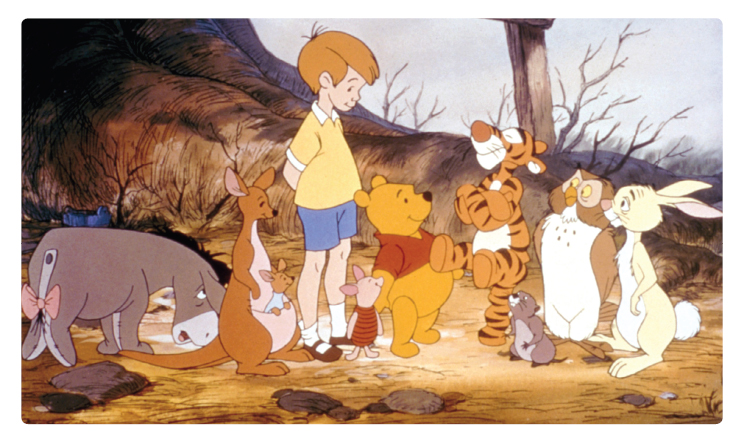Listening Styles
Everyone has preferred ways of listening. Do you like listening to long stories told by friends, or do you urge them to “get to the point”? Do you ask for detailed instructions on how to complete tasks at work, or do you just want a brief overview? Your preferred listening style determines how you listen and is shaped by both your gender and your culture.
“If the person you are talking to doesn’t appear to be listening, be patient. It may simply be that he has a small piece of fluff in his ear.”1

He is a billion-dollar-a-year industry, and one the few fictional characters to have a star on the Hollywood Walk of Fame. His insights have been used to help introduce Taoism to Western cultures. Books about him have been translated into 34 languages. He is such a popular character in Poland that residents of Warsaw have named a street after him. But at the heart of the stories about Edward Bear—or as he is commonly known, Winnie-the-Pooh—is a cast of characters who have very different listening styles.
In the original books by playwright and poet A. A. Milne, Christopher Robin is a young boy who is presented as a consistently empathic listener. All the other characters turn to him for comfort and a compassionate ear. Whenever Pooh worries about his own ineptitude (“I am a bear of no brain at all”), Christopher Robin listens sympathetically and offers emotional support: “You’re the best bear in all the world.” Pooh tries desperately to adopt Christopher Robin’s listening style but instead finds himself nodding off or daydreaming about honey (his favorite treat) when someone comes to him with problems.
In contrast to Pooh, Owl is Mr. Analytical. He prides himself on being wise and encourages others to bring detailed information and dilemmas to him, even if he often doesn’t know the answers. (He’s good at pretending he does, though!) Meanwhile, Rabbit just wants people to get to the point so he can act on it. He tends to interrupt them if they stray from what he considers the purpose of the conversation, sometimes even asking, “Does it matter?” Tigger, for his part, though extremely good-natured, never seems to have the time to listen. For instance, when the group goes adventuring, Tigger can’t help but run around in circles excitedly, urging the others to “Come on!” Then he leaves without waiting to hear their responses. Though these characters are fictional, they each demonstrate a listening style that people use in real life.